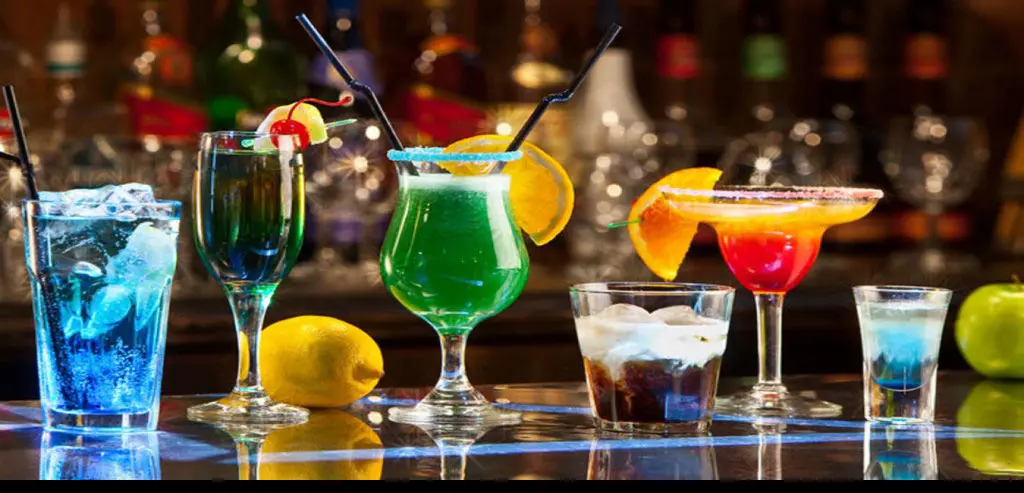Should You Get Sober Curious Too?
Ah New Year’s. Our annual life inventory and goal setting session comes right at us following the holidays. Health and wellness changes are almost always at the top of our “New You” resolutions. There’s been a shift recently beyond the excitement of new gym memberships, plans to pursue passions, diets, and marathon training. These days many people are adding sober goals to the list. No longer a fleeting trend, sobriety is becoming a full-fledged movement.
January moved beyond aspirational goal setting and resolutions some years back and became the poster child for testing out sobriety. The “Dry January” campaign, initiated by the UK government several years ago was created to increase awareness about alcohol abuse and was aimed at people looking to hit reset on their health after a long holiday season of festivities took its toll on their bodies. The movement which advocates going sober for one solid month quickly gained worldwide momentum sparking media attention touting the many health benefits of taking a break from alcohol.
The hugely positive response from participants living hangover free for Dry January helped pave the way for a new trend in what’s being called “sober curious” lifestyles or elective sobriety. Sober living travel influencers and sobriety coaching workshops have become something of a cottage industry of late. Anyone interested in stepping out of their old drinking patterns can find sober vacations, sober pop up bars, and plentiful “mocktail” options being offered right alongside high-end wine list. This cultural shift parallels the increase in popularity of wellness and mindful living that is changing the way people think about everything from diet, stress reduction, to aging. While the cheeky “rose all day” messaging and single malt scotches as status symbols is unlikely to fade away any time soon, this new trend toward cultural acceptance of sobriety as a lifestyle choice is exciting and for those who don’t get the hype, it’s worth checking out some of the research on the movement: the benefits of taking even a one month break from alcohol are difficult to ignore.
Researchers from the University of Sussex tracked 800 in a 2018 study of the effects of Dry January. Following the month of sobriety, participants reported few days drinking dropping from 4.3 times a week to 3.3 per week and units consumed dropped from 8.6 to 7.1. In addition to the decreased alcohol consumption participants reported significant complimentary benefits: 93 percent felt a sense of achievement, 88 percent improved savings, 67 percent felt increased energy, 71 percent improved sleep and 58 percent experienced weight loss and 70 percent reported improvement in overall health.
Thinking About Getting Sober Curious?
Some Ways to Get Started
- You don’t have to wait till January to participate. It’s really about hitting reset and taking a month-long break from alcohol to see how you feel.
- Set a date to begin. Give yourself a plan and put it on your calendar when you plan to begin. Set yourself up for success by making sure there isn’t a big social event happening in the first week that might be too much of a challenge.
- Accountability and connection help. You can use the Dry January app from their website or one of the many other sober apps out there to help keep you on track.
- Keep a journal. Track your cravings and how you feel during the process. You may see some patterns in your relationship with alcohol and it will help to see the changes in your health during the course of the month.
- Find a new habit. If you’re used to pouring a glass of wine or beer every evening to unwind, change it up to a fun mocktail or tea so you’re still getting the feel of a comforting ritual to end your day feeling good.
It’s important to note that if you are struggling with stopping alcohol or have been a heavy drinker, suddenly going “dry” can trigger dangerous withdrawal symptoms requiring medical guidance.
